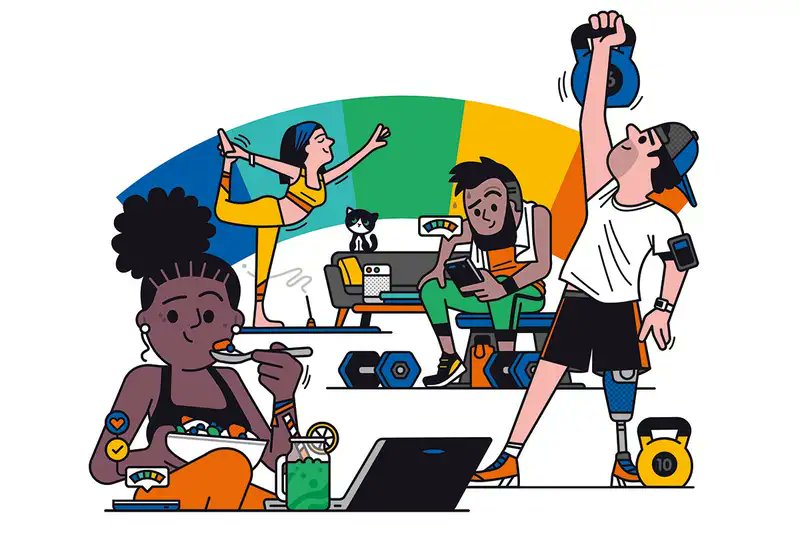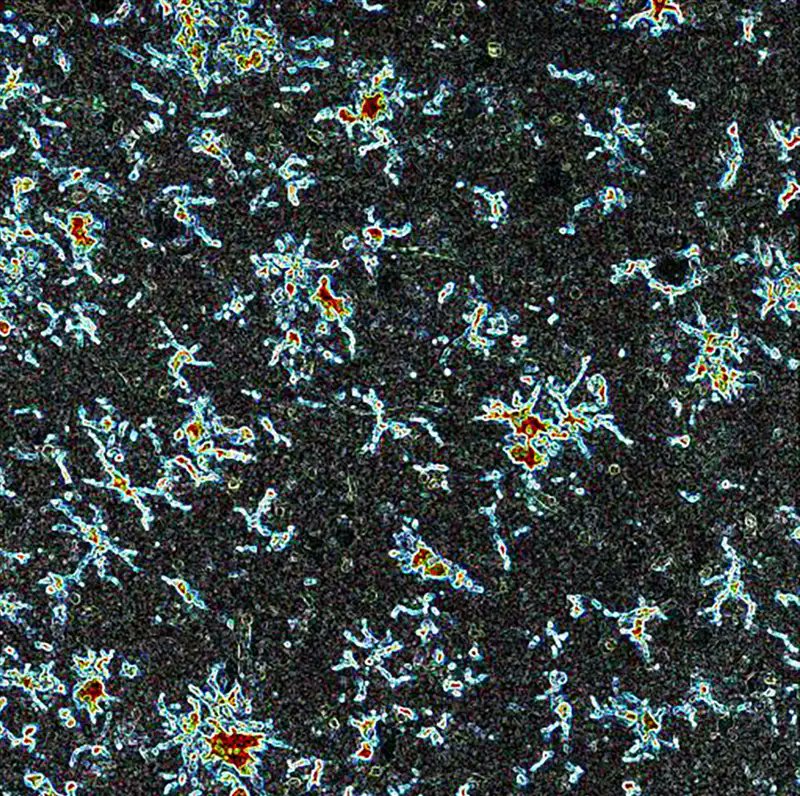
Alain Aspect, John F. Clauser and Anton Zeilinger share the 2022 Nobel prize in physics for their work pioneering the field of quantum information newscientist.com/article/234085…
All three winners were awarded the @NobelPrize in physics for their fundamental contributions to work on quantum mechanics
newscientist.com/definition/qua…
newscientist.com/definition/qua…
This involved experiments using entangled, or connected, particles of light called photons, to show that information could be instantly transmitted over infinite distances, so-called quantum teleportation
newscientist.com/article/mg2513…
newscientist.com/article/mg2513…
Each of the winners’ experiments carried out a real-life test of a mathematical theorem first proposed by physicist John Bell in 1964, called Bell’s theorem
Bell’s proposal involved measuring the properties of two entangled particles in a system isolated from anything else that could influence the results to see if they exceed a certain value, creating a mathematical inequality
newscientist.com/article/mg2283…
newscientist.com/article/mg2283…

In 1972, John F. Clauser and his colleague Stuart J. Freedman were the first to test Bell's inequality, by measuring the entangled photons that came from collisions of calcium atoms
Almost a decade later, in 1980, Alain Aspect at @UnivParisSaclay and his colleagues managed to measure the Bell inequality again, to a much greater degree of precision and with less doubt
Nine years later, in 1989, Anton Zeilinger at @univienna and his colleagues expanded Bell’s inequality beyond just two entangled particles, to a state of three or more entangled particles called a GHZ state
newscientist.com/article/dn2811…
newscientist.com/article/dn2811…
This state forms a key pillar for many quantum technologies, including quantum computing which can use GHZ states to make quantum bits, or qubits
newscientist.com/article/216289…
newscientist.com/article/216289…
“I’m still kind of shocked, but it’s a very positive shock,” Anton Zeilinger said during a press conference
#NobelPrize
#NobelPrize

• • •
Missing some Tweet in this thread? You can try to
force a refresh









